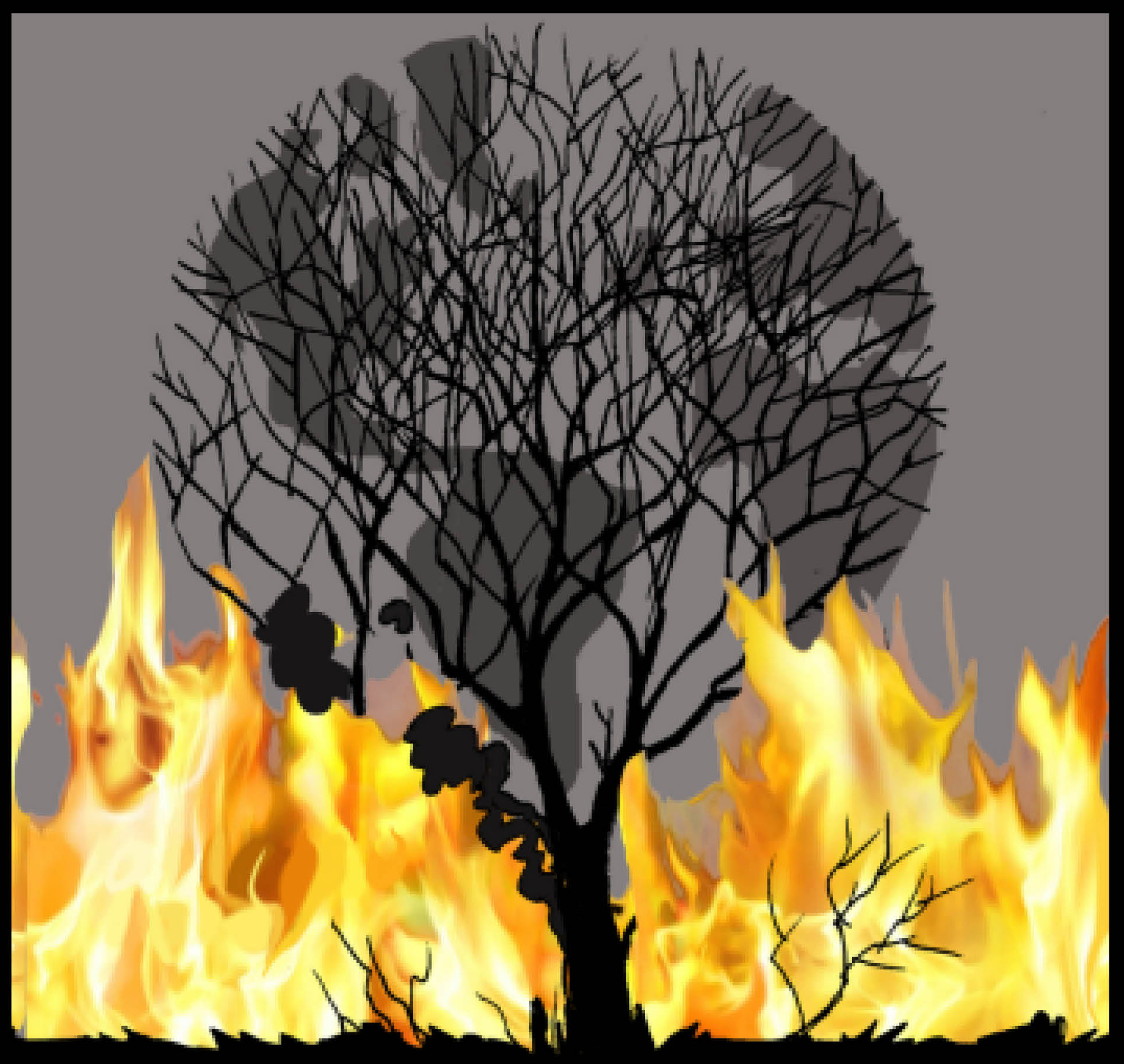Wildfire, Water Systems & Public Health: Lessons from Recent Western Wildfires

When wildfires occur, drinking water infrastructure and the water itself can become unsafe. Water treatment and distribution systems, private wells, and building plumbing have been physically damaged and chemically contaminated. Damage sometimes impacts fire-fighting operations and leads to widespread chemical contamination that poses an immediate risk to human health. In this webinar, experienced professionals who have helped communities throughout the West and Southwest US inspect, test and help guide the decontamination of water systems will share lessons learned to help inform first responders, health officials and citizens.
To register, click here.
Speakers include:
“Lessons from 2022 wildfires in damaging public water systems in New Mexico”
Joe Martinez, Drinking Water Bureau Chief, New Mexico Environment Department: Martinez is currently the Bureau Chief for the New Mexico Environment Department’s Drinking Water Bureau. He has a Bachelor of Environmental Science Degree from New Mexico Highlands University and has over 20 years of experience working in the Drinking Water and Environmental Fields. Prior to working with New Mexico Environment Department Martinez spent the previous 9 years working for the Texas Commission on Environmental Quality (TCEQ) in the Dallas-Fort Worth Metroplex as a Public Water Supply Specialist and a member of their Emergency Hazmat Response Team. Mr. Martinez has spent the majority of his career in field of Drinking Water Regulatory compliance and oversight with the State of Texas and the State of New Mexico.
“Lessons Learned: Domestic wells and the 2020 wildfire response and recovery in Oregon”
Cordelia Schimpf, Program Analyst, Public Health Division, Oregon Health Authority: As a program analyst in the Environmental Public Health Department at Oregon Health Authority, Schimpf coordinates the Domestic Well Safety Program (DWSP), which aims to protect groundwater resources and promote well stewardship among domestic well communities across Oregon. She has experience in water insecurity research, domestic well wildfire recovery, and public health outreach. She earned an MPH from the George Washington University Milken Institute School of Public Health and an M.Ed. in Teaching and Learning from the University of Oregon.
“Decision making considerations for water system response and recovery from wildfires”
Andrew Whelton, Professor of Civil, Environmental, and Ecological Engineering at Purdue University, Director of the Purdue Center for Plumbing Safety: Whelton has 20 years of experience helping water utilities, government agencies, and communities, respond to and recover from chemical drinking water contamination incidents. His teams have been called into disasters affecting water infrastructure in Colorado, California, Hawaii, West Virginia and provided across the U.S. and Canada. Whelton has previously worked for the University of South Alabama, NIST, US Army, and various consulting firms. He earned B.S., M.S., and Ph.D. engineering degrees from Virginia Tech.
This event is supported by the National Science Foundation grant 2214580, Purdue's Institute for a Sustainable Future, Purdue Civil Engineering, Purdue Environmental & Ecological Engineering, and the Center for Plumbing Safety
Files
Date & time
September 7, 2022
12:00 PM - 1:30 PM
Location
Virtual
